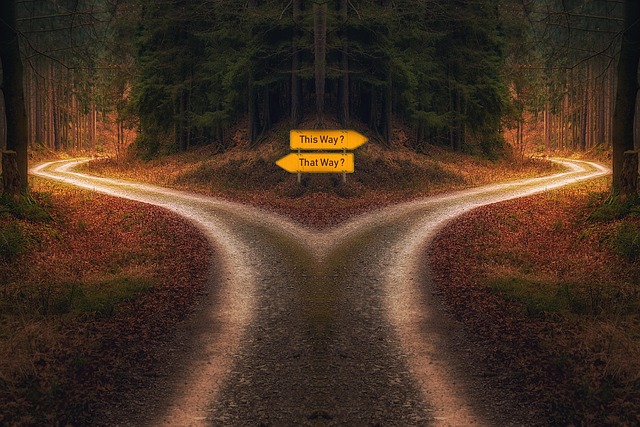In the intersection of science and modern philosophy, the notion of ambiguity reigns supreme, prompting us to question the very fabric of our understanding. The ambiguity present in our perception of reality invites exploration and reflection, as scientists and philosophers alike grapple with the limitations of knowledge and the nuances of existence.
At the heart of scientific inquiry lies the endeavor to unravel the unknown. Yet, as we delve deeper into the microcosm of particles and the macrocosm of galaxies, we are often confronted with paradoxes that defy straightforward interpretation. Quantum mechanics, with its probabilistic nature, embodies this ambiguity, challenging our classical notions of determinism and causality. The famous wave-particle duality serves as a poignant reminder that reality is not always as clear-cut as we desire it to be. Instead, we are left pondering a landscape where possibility and uncertainty coexist in a delicate balance.
Modern philosophy further amplifies this exploration of ambiguity. Thinkers such as Martin Heidegger and Jean-Paul Sartre have posited that existence itself is inherently ambiguous. Heidegger’s concept of ‘Being’ invites us to consider the multifaceted nature of reality, where meaning is not bestowed but rather discovered through our engagement with the world. Sartre, on the other hand, forces us to confront the absurdity of life, where the quest for meaning is often met with a void of existential uncertainty. This philosophical tension resonates deeply with our contemporary experiences, where the rapid evolution of technology and society leaves us grappling with shifting truths.
The ambiguity of reality extends beyond the realms of abstract thought and scientific theory; it seeps into our daily lives. In a world saturated with information and conflicting viewpoints, the search for clarity often feels like navigating a labyrinth. The overwhelming nature of choice and perspective can lead to paralysis, making it challenging to establish a grounded sense of reality. We find ourselves questioning the validity of our beliefs, the reliability of our senses, and the nature of truth itself.
In this context, embracing ambiguity can become a powerful tool for personal growth and understanding. By acknowledging the complexity of reality, we open ourselves up to the possibility of multiple perspectives and interpretations. This mindset not only enriches our intellectual discourse but also fosters empathy, allowing us to engage with others who may perceive the world differently. Accepting ambiguity encourages us to step away from rigid dichotomies and instead dance within the spectrum of human experience.
In many ways, the ambiguity of reality reflects the paradoxical nature of existence: we yearn for certainty while simultaneously being a part of a world where uncertainty prevails. Embracing this duality is not an act of resignation but rather an invitation to embrace the richness of life’s complexities. As we continue to navigate the realms of science and philosophy, let us not shy away from the ambiguity that permeates our understanding but rather approach it as a canvas for exploration, creativity, and profound connection.




